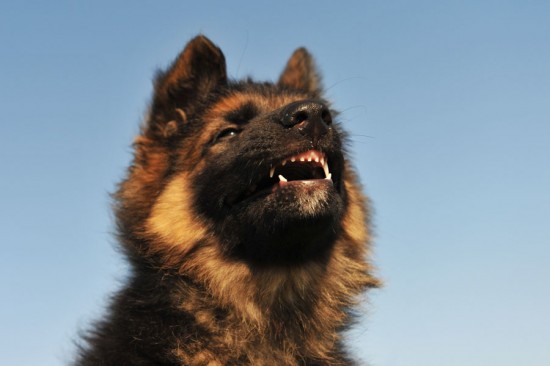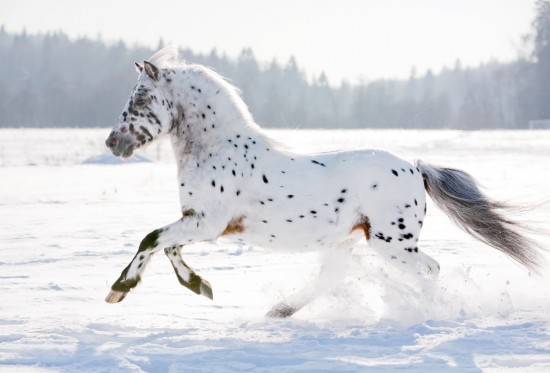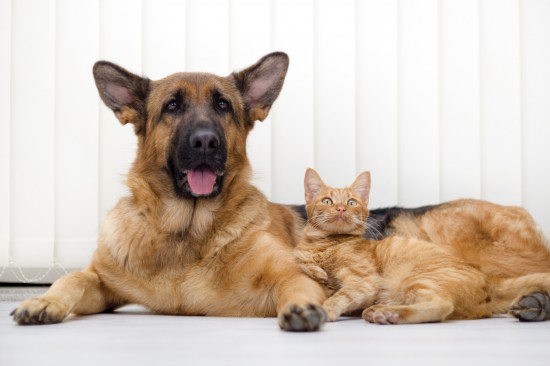In our present-day world of prepackaged, dry dog food and products, virtually nobody actually considers what a dog really requires in their diet. They simply expect their dogs are getting whatever nutritional requirements they need to continue to be healthy, providing them with food as they have always fed their pet dogs.
In reality, a dog has extremely specific nutritional needs which are really similar to ours. If you do not fulfill them, your pet can develop digestive problems, or even become ill. If nothing else, they'll rarely have normal, healthy bowel movements and we all know what that signifies for you.
What a Dog Needs
First, think about what a pet dog actually requires. Dogs don't need table scraps plus they do not need empty filler. Even better, they do not really know the difference, especially if you never give them table scraps in the first place.
Sadly, commercial dog foods are generally short of nutrients and vitamins your pet dog requires, therefore if you're using standard pet food, you may need to supplement it in some ways. In the wild, a dog would receive its vitamins and minerals from newly killed prey, roots, fruit and berries, grass, and insects in a crunch.
You are not about to get out there and get your dogs a few ants to nibble on, nevertheless there are some things that you can do to supplement their diets.
Getting Your Dog the Correct Nutrients
In the first place, re-think the dry food you give your dog. If it is a bland, store brand with a corn base, it is not doing the job. There are some natural and organic foods which contain a lesser amount of fillers and more nutrients.
If you wish to go the whole foods direction, consider the nutritional needs of a dog. This means getting chicken or beef into their diet to guarantee the animal proteins they require. Organic meats are best to lessen anti-biotics as well as other chemical substances.
You will additionally need to supplement foods by lowering fat consumption. If you don't have lean meat to feed them, decrease any fat from other sources. Stay away from hot dogs or cheese as an example. In addition, regardless of the argument that they're carnivores, canines can obtain quite a bit from fruit or veggies.
Having said that, some vegetables and fruit are harmful to them. Stay with whole, fibrous foods. Apples are good, in addition to whole grain products and several grasses. In addition, fatty acids from eggs or fish are great, though keep away from any fish that may have bones.
Daily Feeding
Your dog should also not be eating an excessive amount. A fifty pound dog must only consume 2-3 cups of food per day at the most, split between 2 meals. Your pet dog does not need three or four meals each day (unless of course it is a large enough breed or your lifestyle requires it).
Additionally, have set food times for your dog. Just putting down a bowl of food and leaving it full is an extremely fast method of getting your pet dog very overweight. Dogs will consume anything you put in front of them, and they will quickly become lethargic on account of it.
One other good idea is to make your pet work physically and mentally for his or her food. A walk just before eating is good, as is forcing them to sit and wait for the food bowl. This stimulates the instincts that tell them to hunt for that meal every day.
Feeding a dog isn't like feeding your child. You don't need to ask them what they want or make an effort to mix it up with variety. If you've ever seen how enthusiastic a dog will get for uninteresting, dry kibble, you know that they are absolutely satisfied eating anything they get.
Moreover, they are much healthier if you stick to a steady, well-balanced diet.

 Sudden Onset Aggression In Dogs
Sudden Onset Aggr
Sudden Onset Aggression In Dogs
Sudden Onset Aggr
 Top Dog Friendly Beaches Around The Uk
Top Dog Friendly
Top Dog Friendly Beaches Around The Uk
Top Dog Friendly
 Appaloosa Coat Patterns
Appaloosa Coat Pa
Appaloosa Coat Patterns
Appaloosa Coat Pa
 8 Tips Concerning The Nutritional Management Of Renal Dysfunction In Dogs & Cats
8 Tips Concerning
8 Tips Concerning The Nutritional Management Of Renal Dysfunction In Dogs & Cats
8 Tips Concerning
 The 3 Most Important Things to Remember About Training Your Puppy
The 3 Most Important Things to Remember About Training Your Puppy